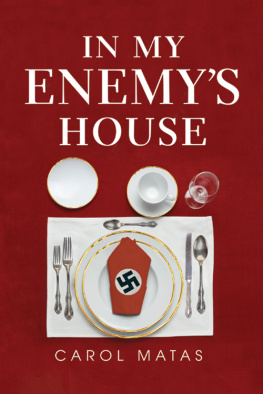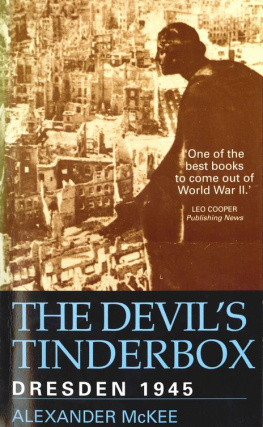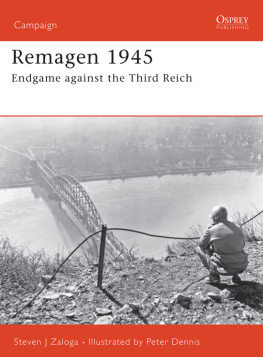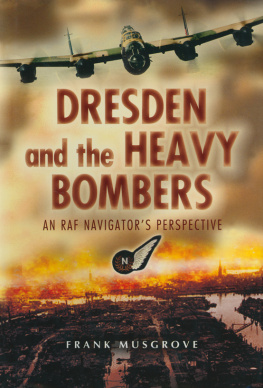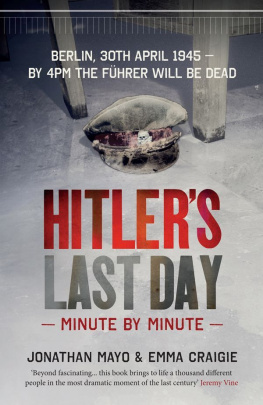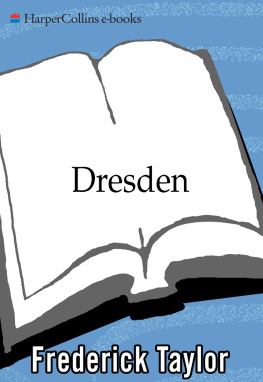Hidden in the
Enemys Sight
Resisting the Third Reich from Within
Hidden in the
Enemys Sight
Resisting the Third Reich from Within
Jan Kamieski
Foreword by the Right Honourable Edward R. Schreyer
DUNDURN PRESS
TORONTO
Copyright Jan Kamieski, 2008
All rights reserved. No part of this publication may be reproduced, stored in a retrieval system, or transmitted in any form or by any means, electronic, mechanical, photocopying, recording, or otherwise (except for brief passages for purposes of review) without the prior permission of Dundurn Press. Permission to photocopy should be requested from Access Copyright.
Editor: Michael Carroll
Copy-editor: Shannon Whibbs
Map: Eric Leinberger
Design: Erin Mallory
Printer: Webcom
Library and Archives Canada Cataloguing in Publication
Kamieski, Jan, 1923
Hidden in the enemys sight : resisting the Third Reich from within / by Jan Kamieski.
ISBN 978-1-55002-854-6
1. World War, 19391945--Underground movements--Poland--Biography.
I. Title.
D802.P6K266 2008 940.5337092 C2008-903973-4
1 2 3 4 5 12 11 10 09 08
We acknowledge the support of the Canada Council for the Arts and the Ontario Arts Council for our publishing program. We also acknowledge the financial support of the Government of Canada through the Book Publishing Industry Development Program and The Association for the Export of Canadian Books, and the Government of Ontario through the Ontario Book Publishers Tax Credit program, and the Ontario Media Development Corporation.
Care has been taken to trace the ownership of copyright material used in this book. The author and the publisher welcome any information enabling them to rectify any references or credits in subsequent editions.
J. Kirk Howard, President
Printed and bound in Canada.
www.dundurn.com
Dundurn Press | Gazelle Book Services Limited | Dundurn Press |
3 Church Street, Suite 500 | White Cross Mills | 2250 Military Road |
Toronto, Ontario, Canada | High Town, Lancaster, England | Tonawanda, NY |
M5E 1M2 | LA1 4XS | U.S.A. 14150 |
To the memory of my parents,
Lucjan Dolega-Kamieski and Linda Kamieski (ne Harder)
CONTENTS
FOREWORD
All wars are ugly. All wars are bloody. Almost all wars are unnecessary. Yet we remember them in many ways by raising monuments in memory of the millions who fell in battle for a plethora of causes: a rulers vanity, a desire to play Caesar or Napoleon, political ideology, and an always-present and burning desire for everlasting fame. And so war writing deals with the history of armed conflicts, their causes, courses, and results. Sometimes these works are fictional, at other times strongly realistic as witnessed in situ, yet they all reveal wars impact in the pathos, drama, and misery that always follows the initial heroic posturing and jingoistic declarations. These are creations of compelling realism. Jan Kamieskis book is different. Both clear-headed and penetrating in its summary of futile diplomacy and treaties, it leads the reader toward the fatal year of 1939 and the German invasion of Poland. It is convincingly descriptive of the conditions endured by the Polish civilian population in those September 1939 weeks of despair as a young teenage refugee flees eastward from his Pozna home, away from the German Blitzkriegs deadly ravages. He also uses compelling word imagery to describe the three days and nights of stark horror in January/February 1945 this time in reverse, reverse of bloody 1939 as it was now the German refugees fleeing westward from the approaching Red Army.
Between these two epic disasters are six years of a bloodbath in which 40 million or more of humanity perished some under military firepower and targeted bombing (Dresden, to mention but one). Others died as innocent victims of bestiality and torture. For most, it was at best a miserable existence under the Nazi states and Communist Partys control. These conditions, too, are well described in this book.
Apart from Jan Kamieskis ability to formulate human feelings and articulate events at the political-state level, there is another major element in this book. It is the surprise, the intrigue, the stranger than fiction reality of his having served for much of that period as a very young Resistance agent in enemy territory. Being under constant threat of detection and arrest must surely have been terrifying for an eighteen-year-old. But the author hardly dwells on this. Living in Dresden, he was witness to the three consecutive air raids on that city, carried out by the Royal Air Force and the United States Army Air Forces on February 13 and 14, 1945. He describes the horror of that time in intensely moving, evocative words of an eyewitness present at that catastrophe. He approaches his subject from several angles, freely applying a writers skill and an even-handed philosophical detachment to write with such insight.
This book is a treat as a memoir, a synopsis of the European diplomacys madness, German militarism, and Nazi politics in that era sixty-five years ago. With this book of memories you can begin to understand those times and sympathize with those caught up in the vortex of misery. The author paints a written portrayal of a remarkable journey.
The Right Honourable Edward R. Schreyer
P.C., C.C., C.M.M., O.M., C.D.
ACKNOWLEDGEMENTS
Thanks to my daughter, Barbara Kamieska, who was an indefatigable assistant in helping me get the whole story down and putting it in sequence. My thanks also to my wife, Nadya Kamieska, for tirelessly transposing rough texts into readability. And last but not least, thanks to my granddaughter, Alyssa Thiel, for diligently putting in order and scanning photos and other visual material.
BEGINNINGS
The past is but the beginning of a beginning, says H.G. Wells, and now that Im well into the fourscore of my lifes years, Im looking at my past to try to figure out where that beginning actually began. Not in childhood, Im sure, since those are mostly years of being prepared and preparing ourselves for the future. Sometimes that transition period goes by smoothly. At other times, were thrust into adulthood by sudden, extraneous events that we never expected to happen.
My own childhood was, overall, pleasant. In itself, this was unremarkable, considering that I was an only child and therefore treated with great gentleness. To be frank, I was quite spoiled. Ill skip those years, even though that period and the surroundings in which I grew up shaped my easy and uncomplicated transition into adolescence.


